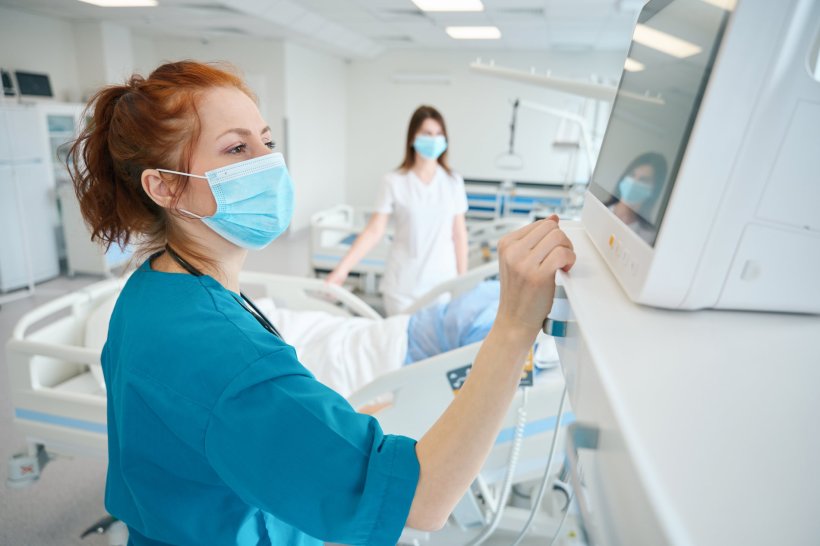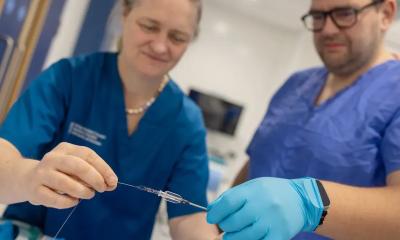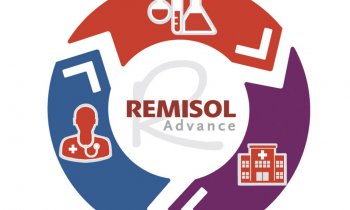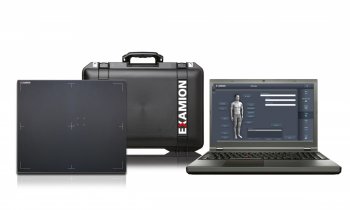
Image source: Adobe Stock/Viacheslav Yakobchuk
News • Study on clinical decision making
When nurses decide on triage, intuition often trumps standard assessment tools
Nurses around the world use intuition to work out how sick a patient is before triaging for treatment – according to new research from the University of East Anglia (UEA).
A new study published in the journal International Emergency Nursing reveals that nurses prefer a mix of intuition and clinical reasoning over standard assessment tools. The research team also found that nurses’ ability to accurately triage is significantly negatively impacted by environmental pressures including workload, staffing and space.
The team say that nurses should have access to improved triage training and working environments - to allow them to make safe and accurate decisions. Prof Toby Smith, from UEA’s School of Health Sciences, said: “Millions of people around the world present to emergency departments every day. These patients need triaging to assess how sick they are and how quickly they need treatment. We wanted to better understand how nurses make decisions when they triage patients.”
Nurses are more likely to look at the patient as a whole, rather than just concentrating on assessing one particular symptom
Hugh Gorick
Dr Marie McGee, also from UEA’s School of Health Sciences, added: “Understanding nurses’ decision making in the initial assessment of patient’s acuity is crucial as it informs how patients’ needs are prioritised to receive prompt, effective and safe care to improve their health outcomes.”
The research team studied data from 28 previously published papers, and took into account the views of more than 373 nurses from around the world including from the UK, USA and Australia. Postgraduate researcher Hugh Gorick, also from UEA’s School of Health Sciences, said: “We found that nurses value hands on assessments that focus on the individual to assess patients over standardised assessment tools. For example, nurses are more likely to look at the patient as a whole, rather than just concentrating on assessing one particular symptom. This might include taking into account how much the symptoms are affecting them, what their previous medical history is and even how sick they look.
“They rely on intuition – but this isn’t necessarily negative because they use it in line with their experience and clinical assessments. Evidence from other studies shows their clinical judgement is about as accurate as the standardised tools for identifying how sick a patient is. Their decision-making process is informed by a mix of knowledge from teaching and experience from working. However, the nurses also expressed feelings that currently available triage training is insufficient for their needs.
“Our findings not only explore how nurses make these triage decisions, but also show a demand for improved training, as well as a need to ensure safe environments for triage. These represent important considerations for both triage nurses and emergency department managers.”
The study was led by researchers from the UEA, with a review team made of nurses and doctors from the Norfolk & Norwich University Hospital.
Source: University of East Anglia
01.10.2023










